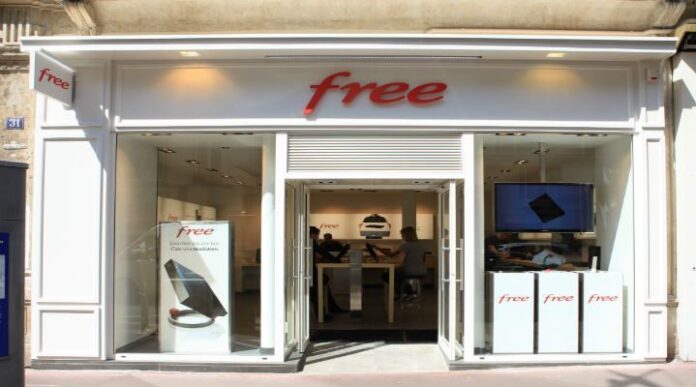Editor’s Note: Welcome to our weekly Reality Check column where C-level executives and advisory firms from across the mobile industry share unique insights and experiences.
Over the past 18 months, Iliad has grown from a small fixed-broadband provider to become one of the key players in French mobile telecommunications.
At the beginning of 2013, Iliad’s consumer brand Free could only boast 4 million fixed-broadband customers, most of whom were drawn to Free as a result of its unique “Freebox” product. A smart piece of customer premise equipment, the Freebox aggregates different services such as Wi-Fi access, community Wi-Fi, IP telephony, IP TV and more traditional broadband services.
From its inception, Iliad’s Free has always used disruptive, in-house technologies to underpin its business strategy without having to rely on third parties. It therefore didn’t come as a surprise when the company decided to launch its mobile services in the competitive French market, drastically disrupting the well-established mobile landscape with very cheap and simple subscription tariffs. These aggressive tariffs fostered a complete re-jigging of the French mobile market, with the merger of SFR and Numericable on one side and Bouygues Telecom in a dire situation today on the other.
The community Wi-Fi network was undeniably one of the best assets Iliad leveraged to offer cheap data services in France, with subscribers seamlessly roaming on and off Free’s Wi-Fi network. This allowed Iliad to cut the cost of the origination and termination of calls, SMS and data traffic, as it mostly uses its mobile virtual network operator service provided by Orange.
Cheap tariffs and disruptive in-house technology are part of Iliad’s DNA, and undoubtedly Xavier Niel’s group sees an opportunity in the United States where the average revenue per user has gone up by 17% over the past four years, in comparison with a drop of 6% in Europe during the same period. U.S. tariffs are on average 40% higher than those in Europe, meaning that should Iliad make a second bid that T-Mobile US would deem adequate, it would be well positioned to capitalize on these generous tariffs to carve out its own market share.
Although T-Mobile US has decided to turn down Iliad’s offer, currently Niel’s bid is the only one on the table. T-Mobile US CFO Braxton Carter has recently commented, however, that the first offer is never the best, indicating that he feels there might be scope for further negotiation with Iliad.
More interestingly, Carter has mentioned that T-Mobile US is now ready to carry voice over Wi-Fi traffic, citing fixed operator partners such as Comcast in recent discussions of Iliad’s bid. Iliad may therefore decide to push a hybrid solution of Wi-Fi and LTE networks to lure T-Mobile US, thereby achieving low tariffs by promoting IP services and undercutting its competitors. Unlike its main mobile competitors, Iliad sells very few legacy mobile services such as GSM voice and text messaging, making them more prone to over-the-top services.
Google and Microsoft are major players in the OTT space, but they have yet to enter the telecom fray to assure control of the mobile end user. A direct approach from them to buy into a mobile telecom business in the United States is a risky strategy, as telecom operators remain their main partners. Iliad, however, may give them the right opportunity to join in and bring their full mobile OTT service model to fruition by providing both the front-end devices and back-end cloud services.
Should Iliad succeed in entering the U.S. market, it may be bad news for Verizon Communications and AT&T, especially if Niel succeeds in also striking a deal for offering fixed services that again stitch together mobile and fixed.
Philippe Berard, a Coleago consultant, is a seasoned Finance professional with proven experience in telecoms business development including financial modelling, program managing, mergers and carve-outs. With 20 years of exposure to the technology, and mobile and fixed telecom industries, Berard has worked across the United Kingdom, European Union, Middle East, North and South-East Africa and Southern Asia. Most recently, Berard worked for a mobile network operator in Pakistan to develop a DCF model for the full market with a view to participating in the 1800/2100 MHz auctions in which they were successful in acquiring some very valuable spectrum.


